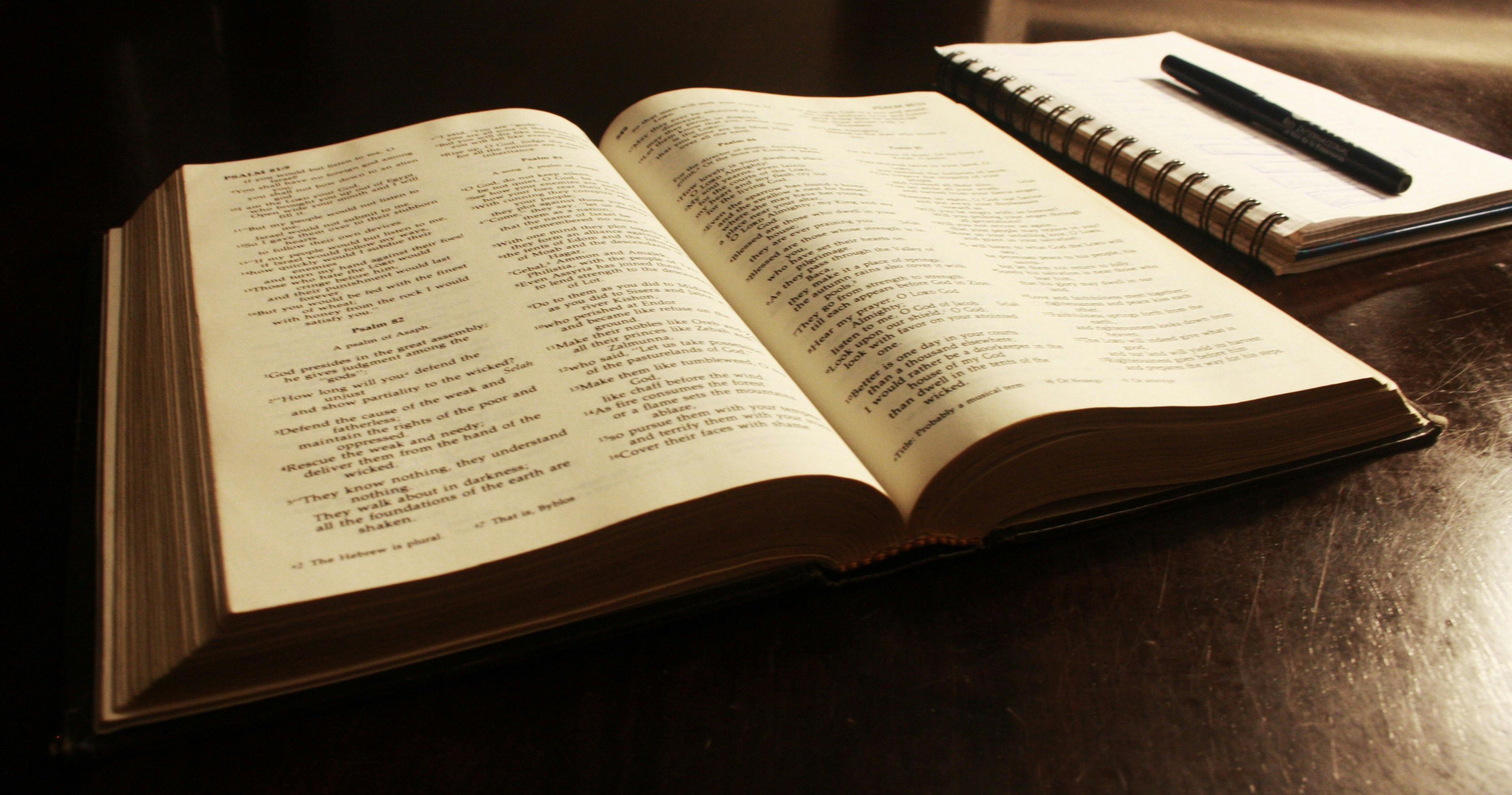
When I think of a canon, the first one that comes to mind is that of great literature, with books like A Tale of Two Cities, The Odyssey, Little Women, or Macbeth--books that have stood the test of time and made it into a list of "classics." I've always known that there are similar canons for most types of art, like movies, paintings, or music.
What I didn't realize about the word "canon" is that it also refers to an authoritative list of scriptures. But the thing is, not every religion has the same canon, even among Christians! I guess I had never thought about it, but with so many translations of the Bible and other ancient texts not included in the Bible, it's no wonder that there is a disagreement about what the scriptural canon should include.
It's the same with any canon, really. The books listed in a literary canon have been studied by scholars because of their timelessness and depth, but how does a text gets into the canon? When is it finally timeless, and who gets to decide how deep a text is? That's a question that causes debates like crazy.
How cool would it be if there was a way to know exactly which books were supposed to be on that list? No debate, just . . . divine guidance? Maybe there's nothing like that with classical literature, but after reading on the scriptural canon in the Bible Dictionary, I realized that The Church of Jesus Christ of Latter-day Saints doesn't have to debate about what is scripture. We have more than just scholarly knowledge to tell us; we have latter-day revelation, which is exactly what has given us the four main texts we consider authoritative scripture: the Bible (Old and New Testament), the Book of Mormon, the Pearl of Great Price, and the Doctrine and Covenants.
That's awesome. The LDS scriptural canon is built on revelation! And what's more, the part of the Bible Dictionary entry that caught my attention most was this:
"Although the decisions were made in the past as to which writings are authoritative, that does not mean that the canon of scripture is complete and that no more can be added. True prophets and apostles will continue to receive new revelation, and from time to time the legal authorities of the Church will see fit to formally add to the collection of scripture."This, I think, is a foundational concept. Basically, what this passage is saying is that (1) the Bible is not and should not be the only sacred text in a canon (and thus the Book of Mormon, Pearl of Great Price, and Doctrine and Covenants have every right to be a part of it, as long as they are revealed as authoritative), and (2) what books we have now are not the only scriptures that can be part of the canon. More can be added! God still isn't done, and neither should we be.
Learning about the canon in this way taught me that we need to continue with open minds and search for those texts that truly are lasting and authoritative, and cause us to come closer to the Lord.
Just like how a literary, cinematic, or artistic canon will continue to add new works to their list, so too can our scriptural canon continue to grow.
No comments:
Post a Comment